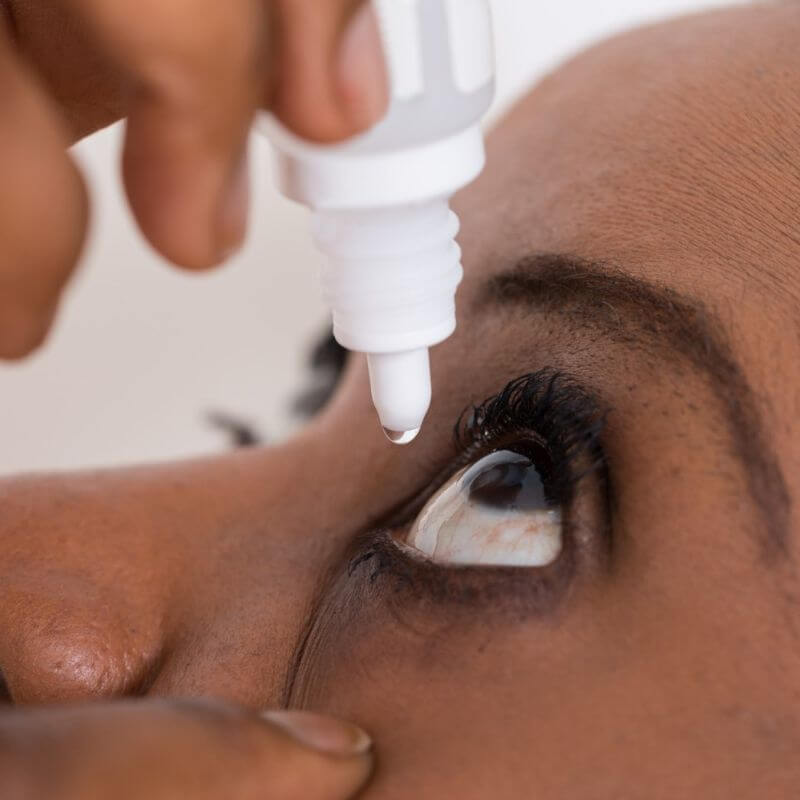Get the best out of your visit to the eye clinic with this eye care checklist that outlines items that can help your care and treatment within and after you leave the clinic.
If you have ever visited a clinic or hospital and you were asked key questions about your health that you couldn’t answer, you are not alone. Many patients are unable to provide details about their health history, and other relevant information that could help them have a seamless experience at the facility.
Information about your personal and family health history is essential for recommending the most appropriate eye care plan and treatment for you. Also, leaving the clinic with the right information about your eye problem can help you make better health decisions.
So, if you plan to visit the clinic, this eye care checklist will help you make the most of your visit.
Go through it. Note the items you have. Identify the ones you do not have and try to get as many as possible.
Before Your Visit
Here are the items and information you should consider and get as many as possible before visiting the eye clinic;
Chief complaint
The chief complaint is the main reason for visiting the clinic. Note that down along with other issues you may have.
Your recent eyeglasses or prescription
If you wear glasses or contact lenses, bring them along with you to the eye clinic. If you got the glasses or contact lenses from a different eye clinic, come with your prescription (if you still have it).
Your medications
Make a list of medications that you are currently using and those that you finished using recently (within the past month). This also includes supplements.
Your family history
Get details of eye and general health conditions that people in your family (like grandparents, parents and siblings) tend to have. Examples of such conditions include myopia, glaucoma, diabetes, hypertension, etc.
Your work conditions
How is your work condition? Is your workspace comfortable? Do you spend a lot of time on the computer? Does your job expose you to materials or situations that can cause eye discomfort or injury? If yes, what are the materials or situations? Note them down. Examples include harmful blue light, light from welding, flying objects, chemicals and heat.
Allergies you have
Note the drugs, foods or relevant items that you react to.
Questions on your mind
These could be questions that arose from your search on Google, your experience or other people’s experiences. Write them down so that you do not forget to ask them before leaving the clinic
Payment options
Did you sign up for a health plan with a Health Maintenance Organization (HMO)? What eye care services does your plan cover? What is your lens and frame limit? Does Kesona provide services for your HMO? Knowing these would help you plan ahead.
For now, we provide services for the following HMOs in Nigeria
If you are paying for services out of your pocket, would you pay with cash, bank transfer or via POS? Fund your preferred method ahead. At the clinic, we accept all three payment methods.
After Your Visit
Here are items and information you should have after you have seen the eye doctor. However, depending on your situation, some of them may not apply to you.
Your diagnosis
You should know the outcome of your test results and the name of the condition you have. The doctor would tell you. But, just in case it is not clear enough, ask questions before you leave.
Your prescription
Get your eyeglasses/contact lenses with the lens prescription. This is usually sent to you via email. Learn how to use and care for them so that they last long enough. Also, note the name of the drug you are given (if any) and how to use them. Usually, this information is written on the pack.
How to monitor your symptoms
You need information on the following:
- The exact symptoms to monitor
- How frequently you should monitor them
- Tools to use to monitor them (if required)
- What to do when you observe abnormal changes.
Next appointment date
Ask the doctor for your next appointment date. To help, we also set up your next appointment day in your electronic health records with us and send you a reminder a few days before that day.
Clinic contact information
Details of how to reach the clinic or doctor if you have questions or experience problems before your follow-up appointment date.
